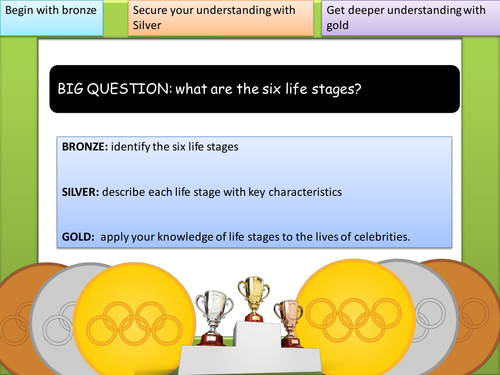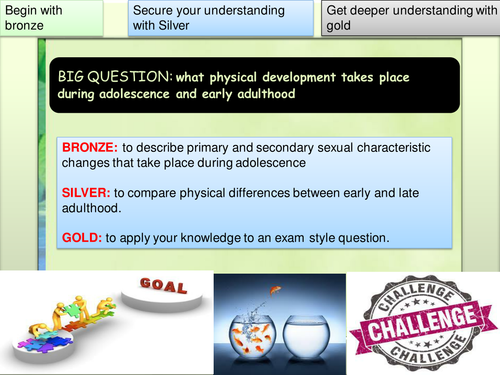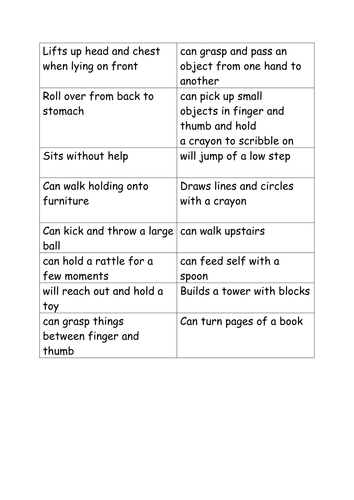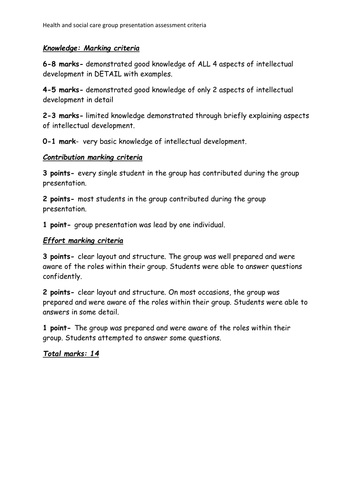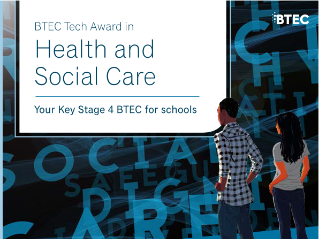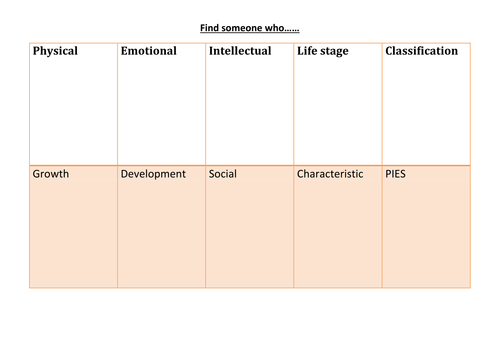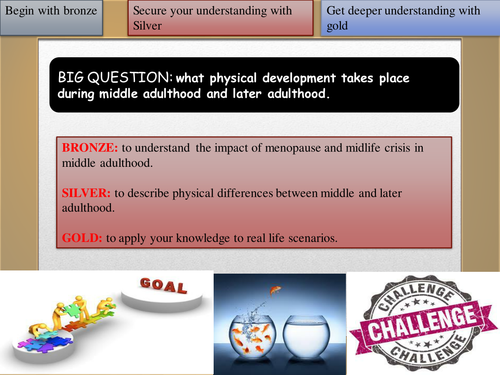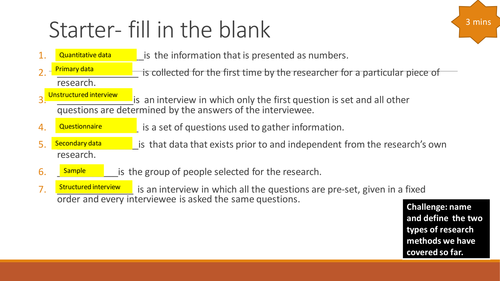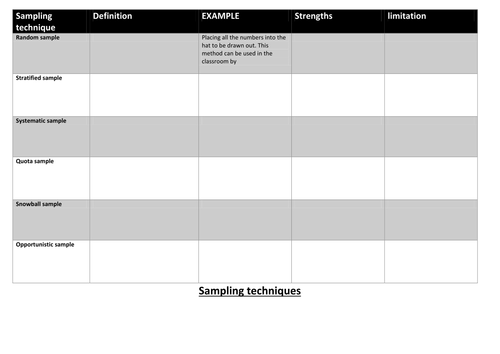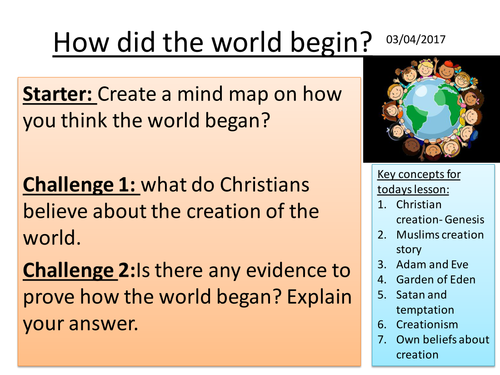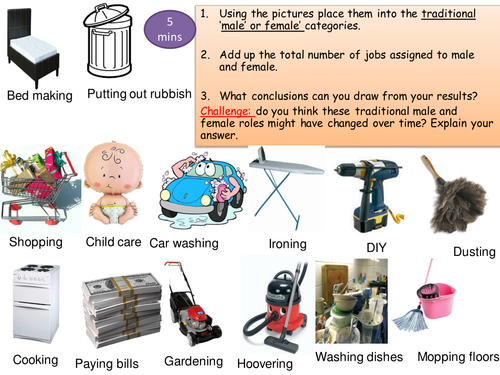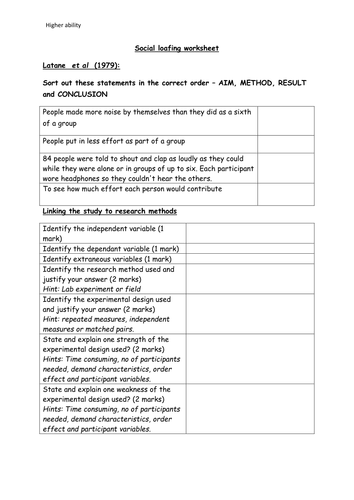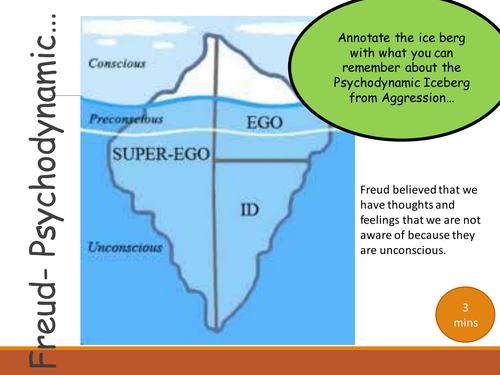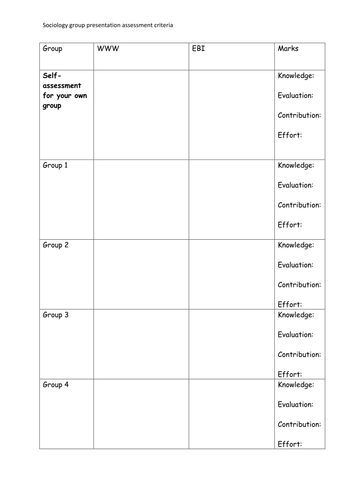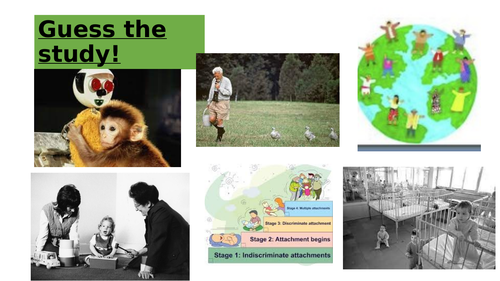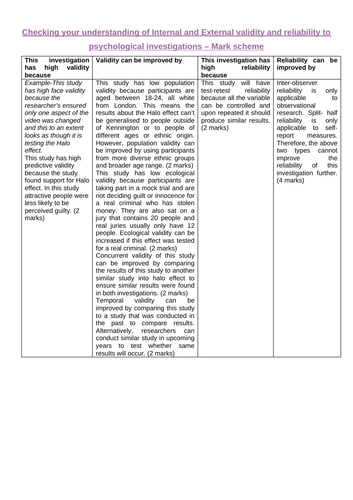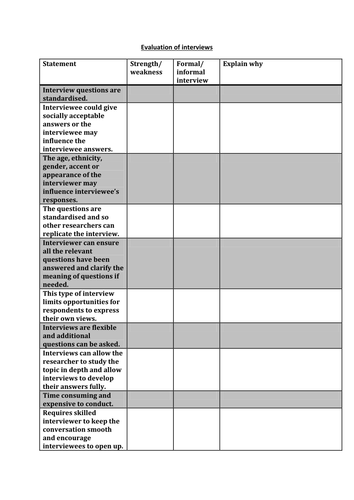
31Uploads
12k+Views
3k+Downloads
All resources

BTEC Level 2 Tech Award (NEW SPEC)- unit 1: human lifespan development
Introductory lesson on unit 1: human lifespan development for the new BTEC Level 2 TECH AWARD. This lesson focuses on main life stages linked to ages and celebrity scenarios.

BTEC Level 2 Tech Award (NEW SPEC)-unit 1-Physical changes adolescence and early adulthood
Lesson is based on the new specifical and includes interactive and engaging lesson activities.

BTEC Level 2 Tech Award (NEW SPEC)-unit 1-Physical infancy and childhood
This lesson covers physical changes in infancy and early childhood with links to gross and fine motor skills. students will be creating their own activities and examples.

BTEC Level 2 Tech Award (NEW SPEC)-unit 1-intellectual development lesson 7/8
This lesson encourages students to conduct their own research and work effectively as a group. This lesson contains presentation assessment criteria, lowe ability table and creative worksheets/ ideas.
Bundle

BTEC Level 2 Teach Award (NEW SPEC)- unit 1- Human Lifespan development
This bundle contains first EIGHT lessons on unit 1 human lifespan development for the new Health and Social care specification. There are wide range of activities with varying difficulty levels.

BTEC Level 2 Tech Award (NEW SPEC)-unit 1- human growth and development.
This lesson offers a wide range of activities with model answer and PEEL paragraph support.

BTEC Level 2 Tech Award (NEW SPEC)-unit 1- Fine and gross motor development.
Lesson on fine and gross motor skills.

BTEC Level 2 Tech Award (NEW SPEC)-unit 1-middle and later adulthood
This lessons allows students to explore the lives of some celebrities.

Observation research methods
This lesson can be used for GCSE/A Level research methods topic: observation for Sociology and Psychology. There are explicit links to PEE paragraphs and SMSC. There are model answers to support weaker students.

Sampling methods
This lesson includes worksheets for MA, LA and HA. this helps students enhance their understanding of sociological sampling methods.

How did the world begin?
FAntastic resource for KS3 RE on the creation story. Includes Adam and Eve story, SMSC link to morals and comparison between Christian and Muslim Creation story.

Symmetrical family
Includes differentiated activities with model answers and range of activities on conjugal roles.

Social loafing
This lesson can be used for GCSE Psychology. Worksheets have been created for lower and higher ability students.

Psychodynamic theory of gender development
This lesson can be used for introduction of psychodynamic theory at GCSE or A Level. This pack includes differentiated worksheets and activities throughout the lesson.

Peer and Self assessment criteria
This resource can be used for self and peer assessment by students in sociology and psychology. It can be adapted to suit the needs of other subjects. Assessment criteria is split into student contribution, effort and subject knowledge.

A Level attachment Revision
Contains Revision actvities that focuses on A01 and A03.
The activities can be adapted for all other topics of psychology.

A level Psychology Revision
These activities can be adapted for any topic- the aim of this presentation is to give you ideas about the different types of starters, plenary and revision activities which can be used in rotation throughout your teaching.
There are 20 activities to choose from!
Activities include: stop the clock, become an examiner, taboo, hot seat, bingo, debates, word association, label the diagram, Pictionary etc….

Ways of improving reliability and validity in psychological investigation.
An outstanding lesson interview lesson on Ways of improving reliability and validity
in psychological investigation. It gets students thinking about how reliability and validity is used within studies. It also focuses on types types of reliability and validity along with exam style questions.

Evaluation- interview
This worksheets helps students to evaluate formal and informal interviews and justify their answers.

